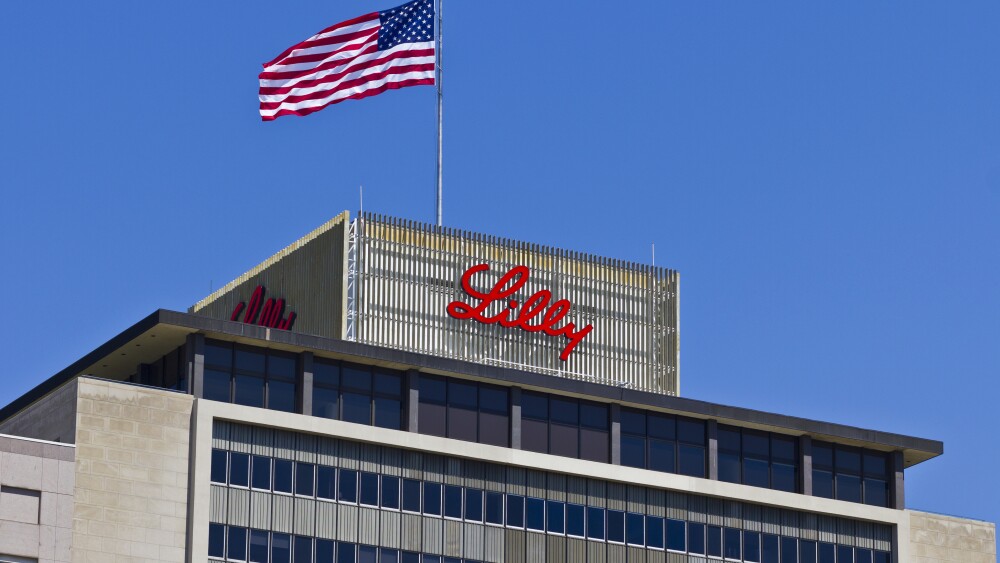ROCKVILLE, Md., April 6, 2011 /PRNewswire/ -- Neuralstem, Inc. (NYSE Amex: CUR) announced that the Phase I safety trial of its human spinal cord stem cells (HSSCs) in amyotrophic lateral sclerosis (ALS or Lou Gehrig's disease) is the subject of three presentations at the American Academy of Neurology (AAN) Annual Meeting, April 9-16th, in Honolulu, HI (http://www.aan.com/go/am11). Chief among these will be a presentation by Eva Feldman, M.D., Ph.D., who is an unpaid consultant to Neuralstem and the Principal Investigator in the ongoing ALS trial, entitled: "A Phase I, Open-Label, First-In-Human Feasibility and Safety Study of Human Spinal Cord-Derived Neural Stem Cell Transplantation for the Treatment of Amyotrophic Lateral Sclerosis," at 2:00 PM, April 11th, (http://www.abstracts2view.com/aan/view.php?nu=AAN11L_P01.287). Dr. Feldman, who is also Director of the A. Alfred Taubman Medical Research Institute and Director of Research of the ALS Clinic at the University of Michigan Health System, will present interim safety data on the first nine patients in the study.
(Logo: http://photos.prnewswire.com/prnh/20061221/DCTH007LOGO )
Dr. Feldman's presentation was also chosen to be highlighted in the "Scientific Program Highlights Plenary Session" mediated by the Chair of the AAN Science Committee at 5:15 on April 15th. Inclusion in this session is by invitation only; Dr. Feldman's presentation was considered by the committee to be in the top 5% of submitted abstracts, which numbered in the thousands.
"We are thrilled to receive this level of interest and review from our peers at this prestigious neurology conference," Dr. Feldman commented. "As a doctor who sees ALS patients in the clinic, I am particularly eager to share this promising research with the scientists and clinicians of the American Academy of Neurology who continue to battle this difficult disease for their patients."
In addition to Dr. Feldman's presentation, two others will focus on the Neuralstem ALS stem cell trial. Dr. Jonathan Glass, M.D., professor of neurology, Emory School of Medicine and Director of the Emory ALS Center, will join Dr. Nicholas Boulis, M. D., associate professor of neurosurgery at Emory School of Medicine, and Dr. Feldman for a presentation entitled: "Intraoperative Evoked Potentials for Monitoring Spinal Cord Stem Cell Injection in Patients with ALS," at 2:00 on April 14th. Dr. Glass is the site Principal Investigator for the trial and Dr. Boulis is performing the surgeries. The team will be joined by neurologist Seward Rutkove, MD, Chief of the Division of Neuromuscular Disease at Beth Israel Deaconess Medical Center, to present "Electrical Impedance Myography in a Safety Study of Fetal Stem Cell Implantation in Amyotrophic Lateral Sclerosis," at 5:00 on April 14th. Dr. Rutkove's innovative work in EIM, which uses electrical currents to measure muscle changes in ALS patients, was just awarded a $1 million Prize4Life award (http://www.prize4life.org/). Neuralstem's trial is the first ALS study to utilize this breakthrough technology.
About the Trial
This Phase I trial, which is evaluating the safety of the cells and the surgery procedure, is designed to enroll up to 18 ALS patients, at varying stages of the disease progression. 11 patients have been treated so far. The first six were non-ambulatory. Of these, the first three received five unilateral injections of HSSCs in the L2-L4 lumbar segments of the spinal cord. The next three received 10 bilateral injections. All of the subsequent patients were ambulatory. The first three of these received five unilateral injections in the L2-L4 lumbar segments. The next two have received 10 unilateral injections in the same region. Future patients will all be ambulatory with sequential levels of disability. If approved by the FDA and the trial's safety monitoring board (SMB), the trial will progress to cervical transplantation.
About Neuralstem
Neuralstem's patented technology enables the ability to produce neural stem cells of the human brain and spinal cord in commercial quantities, and the ability to control the differentiation of these cells constitutively into mature, physiologically relevant human neurons and glia. Neuralstem is in a FDA-approved Phase I safety clinical trial for amyotrophic lateral sclerosis (ALS), often referred to as Lou Gehrig's disease and has been awarded orphan status designation by the FDA.
In addition to ALS, the company is also targeting major central nervous system diseases, including traumatic spinal cord injury, ischemic spastic paraplegia, and Huntington's disease. The company has also submitted an IND (Investigational New Drug) application to the FDA for a Phase I safety trial in chronic spinal cord injury.
Neuralstem also has the ability to generate stable human neural stem cell lines suitable for the systematic screening of large chemical libraries. Through this proprietary screening technology, Neuralstem has discovered and patented compounds that may stimulate the brain's capacity to generate new neurons, possibly reversing the pathologies of some central nervous system conditions. The company has commenced a FDA-approved Phase Ia safety trial evaluating NSI-189, its first small molecule compound, for the treatment of major depression. Additional indications could include schizophrenia, Alzheimer's disease, traumatic brain injury, posttraumatic stress syndrome, and stroke.
For more information, please go to www.neuralstem.com.
Cautionary Statement Regarding Forward Looking Information
This news release may contain forward-looking statements made pursuant to the "safe harbor" provisions of the Private Securities Litigation Reform Act of 1995. Investors are cautioned that such forward-looking statements in this press release regarding potential applications of Neuralstem's technologies constitute forward-looking statements that involve risks and uncertainties, including, without limitation, risks inherent in the development and commercialization of potential products, uncertainty of clinical trial results or regulatory approvals or clearances, need for future capital, dependence upon collaborators and maintenance of our intellectual property rights. Actual results may differ materially from the results anticipated in these forward-looking statements. Additional information on potential factors that could affect our results and other risks and uncertainties are detailed from time to time in Neuralstem's periodic reports, including the annual report on Form 10-K for the year ended December 31, 2010.
SOURCE Neuralstem, Inc.




